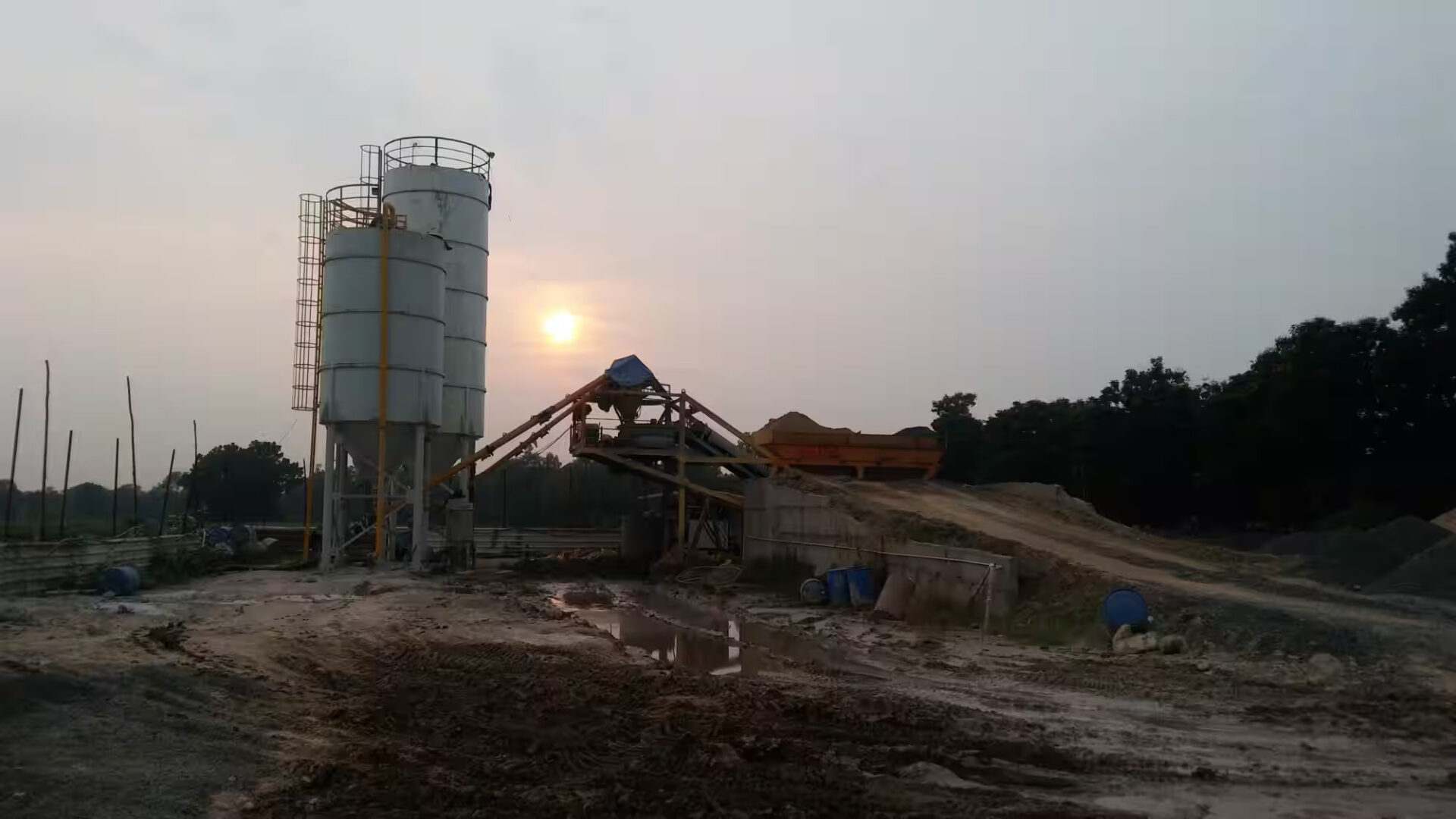Ahmedabad Municipal Corporation (AMC) has announced its decision to relocate all ready-mix concrete (RMC) plants currently operating within residential neighbourhoods.
The civic body’s action comes in response to mounting environmental concerns and increasing public demand for cleaner, safer urban spaces. Officials from AMC confirmed that a comprehensive policy framework is underway and is expected to be notified within two months. The policy will prohibit the functioning of RMC plants in residential zones and mandate their relocation to designated industrial or non-residential areas. This regulatory pivot is being shaped in alignment with the Ahmedabad Urban Development Authority’s (AUDA) newly introduced Standard Operating Procedures (SOPs) for RMC plants, which came into effect in early April.
For years, RMC plants embedded within urban localities have been a source of growing concern among residents and environmental experts. These plants, which are critical to the city’s booming construction sector, produce airborne particulate matter, dust, and emissions that degrade ambient air quality. The situation becomes even more hazardous in densely populated areas, where residents—particularly children, the elderly, and those with respiratory conditions—are exposed to persistent health risks. Under the new norms introduced by AUDA, all RMC facilities, whether permanent or temporary, must comply with stricter regulations. A facility must now be set up on a minimum land parcel of 3,500 square metres, and operators are required to submit a licensing fee of ₹50,000 along with a refundable deposit of ₹5 lakh. The Gujarat Pollution Control Board’s (GPCB) No Objection Certificate (NOC) is a compulsory prerequisite, and licences will need annual renewal to ensure continued adherence to safety and environmental standards.
The zoning policy under these guidelines is also unequivocal: RMC units will only be allowed in areas categorised for industrial use, agriculture with general permissions, or logistical operations. Temporary permissions may be issued for on-site construction-linked RMC units, but they will be strictly time-bound, valid only for the duration of the specific project. This careful balance aims to accommodate the demands of infrastructure development while safeguarding ecological sustainability and public health. Enforcement provisions have also been significantly strengthened. RMC units operating without a valid licence or found in violation of zoning regulations will face immediate sealing and a penalty of ₹75,000. These measures are expected to curb the proliferation of illegal or non-compliant units, which have previously evaded regulatory oversight due to grey areas in municipal enforcement.
AMC’s forthcoming relocation directive will also address ambiguities regarding RMC plants currently functioning on construction sites within residential layouts. While these temporary setups were earlier allowed under relaxed norms, the new policy signals a shift towards uniform regulation across all forms of RMC activity, reinforcing AMC’s commitment to prioritising citizen well-being over short-term construction expediency. Experts in urban planning and sustainable development have welcomed the move as a progressive step toward reimagining urban industrial regulation. By focusing on decentralising pollution-intensive operations, the city administration is aligning its policy with global best practices aimed at reducing urban carbon footprints and improving liveability indices.
Moreover, this action dovetails with broader national priorities on combating climate change and promoting green construction standards. By enforcing licensing, land-use clarity, and environmental approvals, Ahmedabad positions itself as a forward-thinking city that values responsible development as much as rapid growth. While the construction industry may face temporary logistical hurdles, stakeholders have acknowledged the need for long-overdue regulation. Industry leaders anticipate that relocation, though operationally demanding, will push the sector to modernise and adopt cleaner technologies. Some RMC operators are already exploring partnerships with industrial estates and logistics hubs on the city’s outskirts to reestablish operations in compliance with the new policy.
As AMC moves forward with finalising and enforcing this urban reform, the larger vision is clear: to ensure that economic expansion does not come at the cost of public health and environmental stability. By regulating and relocating RMC plants, Ahmedabad is not only clearing its air but also paving the way for smarter, greener urban growth. This development could also act as a precedent for other Indian cities grappling with the unchecked sprawl of urban construction and its environmental consequences. In a time when sustainable urbanisation is no longer optional, Ahmedabad’s bold decision signals a shift toward cities built not just with concrete, but with conscience.
Also Read : Pune Set to Launch First Urban Heliport


